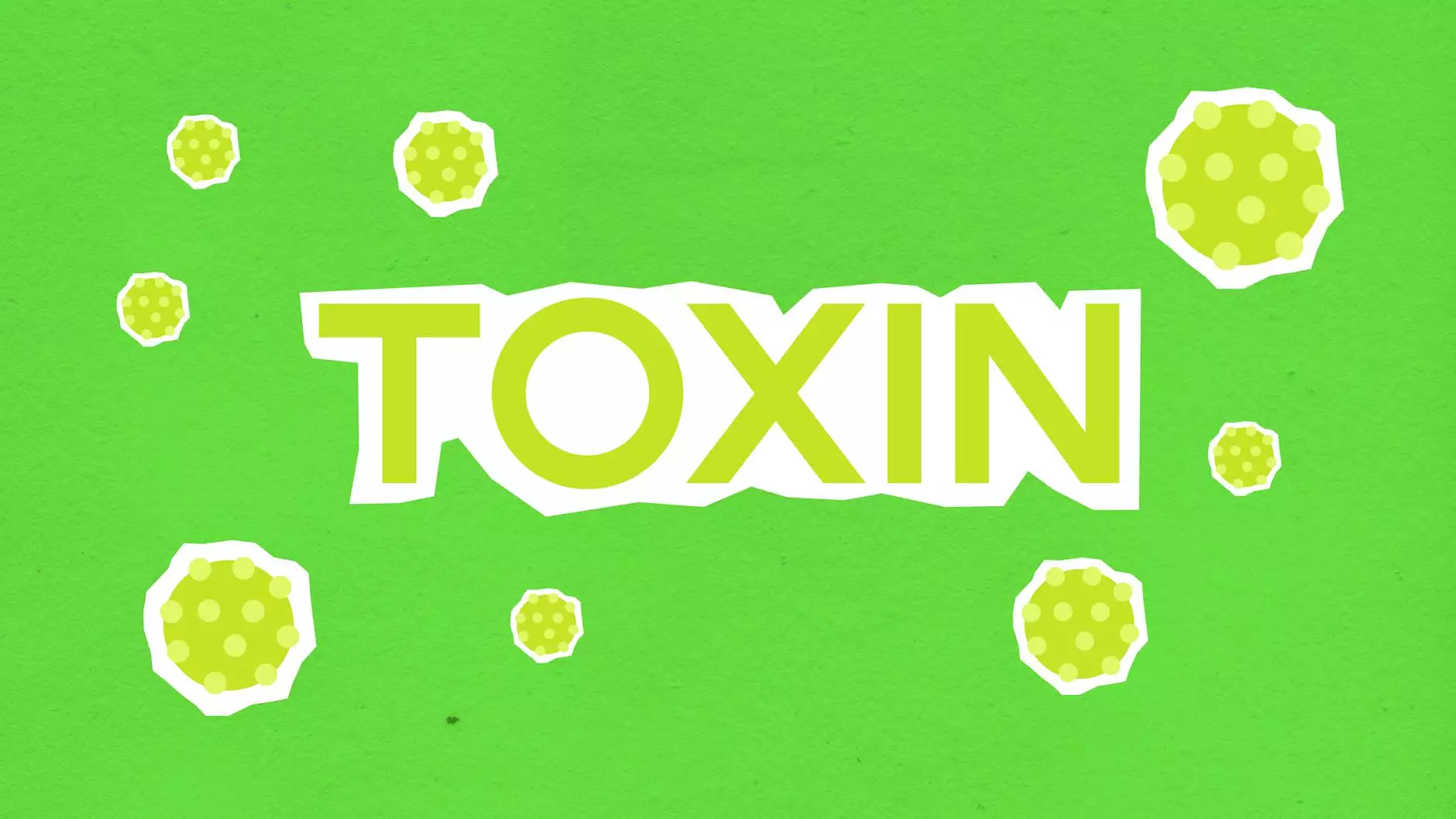Common Types of Poisoning
Services
Poisoning and Its Dangers
Poisoning is a serious concern for people of all ages, but it is particularly alarming when it comes to geriatric and aging care. At Regency Square Care Center, we understand the importance of raising awareness about the common types of poisoning and providing comprehensive information to help prevent accidents.
It is essential to understand that poisoning can occur through various means, including ingestion, inhalation, or skin contact with harmful substances. Common household chemicals, medications, plants, and even food items can pose a risk if not handled or consumed correctly.
Identifying the Common Types of Poisoning
Let's examine some of the most frequently encountered types of poisoning:
1. Medication Poisoning
Medication poisoning occurs when individuals take the wrong medication, an incorrect dosage, or mix incompatible medications. It can also result from accidental access to medications by children or individuals with cognitive impairments. Common symptoms of medication poisoning include dizziness, nausea, confusion, or more severe complications.
2. Chemical Poisoning
Chemical substances found in cleaning products, pesticides, and other household items can be toxic if ingested or inhaled. The symptoms of chemical poisoning depend on the substance involved but can range from mild irritation to more severe respiratory or neurological problems. Proper storage, handling, and usage of chemicals are crucial to prevent accidental exposure.
3. Carbon Monoxide Poisoning
Carbon monoxide (CO) is a colorless, odorless gas that can be lethal when inhaled in high concentrations. Faulty gas appliances, fireplaces, or car exhausts can release CO, leading to poisoning. Symptoms such as headaches, dizziness, nausea, confusion, or even loss of consciousness may indicate carbon monoxide poisoning. Installing CO detectors and regular maintenance of gas-powered devices play a significant role in prevention.
4. Food Poisoning
Food poisoning occurs as a result of consuming contaminated food or beverages. Bacteria, viruses, parasites, or toxins present in improperly handled, stored, or cooked food can lead to gastrointestinal distress, such as nausea, vomiting, abdominal pain, or diarrhea. Maintaining proper food handling and storage practices, as well as staying informed about food recalls, is essential to prevent these types of poisoning incidents.
5. Plant Poisoning
Some plants found in gardens or indoor settings can be poisonous if ingested. This risk is especially concerning for individuals with cognitive impairments or those who may mistake plants for edible items. Symptoms can range from mild gastrointestinal discomfort to more severe reactions, depending on the plant species. Ensuring a safe environment and removing or properly labeling potentially toxic plants are crucial steps in preventing plant poisoning.
Preventing Poisoning Accidents
At Regency Square Care Center, we prioritize the safety and well-being of our elderly residents. Here are some practical tips to help prevent poisoning accidents:
- Store medications in a secure place out of reach of children or individuals with cognitive impairments.
- Properly label medications and keep a record of dosage schedules.
- Follow proper storage and handling practices for chemicals, including keeping them in their original containers.
- Ensure proper ventilation when using chemical products.
- Install carbon monoxide detectors in key areas of your home.
- Regularly inspect and maintain gas-powered appliances to prevent CO leaks.
- Practice good food hygiene, including proper handwashing, cooking at appropriate temperatures, and storing food at safe temperatures.
- Stay informed about food recalls and educate yourself about potential foodborne illnesses.
- Identify and remove potentially toxic plants from your living environment.
- Consider using non-toxic alternatives for cleaning and gardening whenever possible.
Remember, prevention is key when it comes to poisoning incidents. Arm yourself with knowledge and take proactive measures to ensure the safety of your loved ones.
Your Reliable Partner in Geriatric and Aging Care
Regency Square Care Center is dedicated to providing comprehensive information and high-quality care for geriatric and aging individuals. We understand the unique challenges they may face and aim to create a safe and welcoming environment for our residents.
For more information about our services and how we prioritize safety, please contact us or visit our website. Together, let's work towards preventing incidents of poisoning and promoting the well-being of our aging population.




